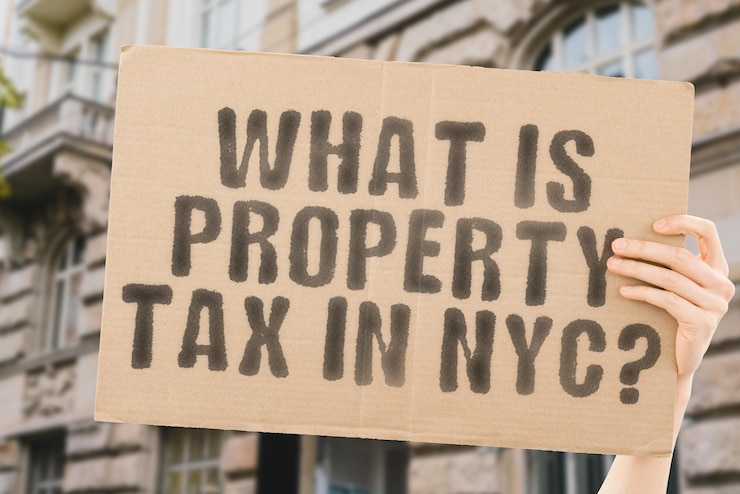Appraisal notices pour into mailboxes and inboxes nationwide every spring, igniting a wave of silent annoyance. These assessments feel a lot like guesswork to many homeowners—numbers that increase much more quickly than incomes or local sales would support. Surprisingly few, however, act. Not only is it legal to protest your property tax, but it’s also one of the most effective ways for homeowners to keep costs under control.
States like Texas have allowed taxpayers to have a say in how their home values are decided by incorporating transparent processes and organized appeals into local governance. That voice is more important than ever in light of rapidly rising housing markets.
| Property Tax Protest Breakdown | Details |
|---|---|
| Step 1: Review Your Notice | Confirm the valuation, deadlines, and appeal instructions. Early preparation allows more time to gather your case. |
| Step 2: Gather Evidence | Use recent sales comps, photos of damage, third-party appraisals, and neighborhood trends to support your argument. |
| Step 3: File Your Protest | Submit through your local appraisal district’s portal or forms before the stated deadline. Accuracy and completeness are key. |
| Step 4: Attend the Hearing | Present your case before the Appraisal Review Board (ARB). Be concise, factual, and persistent. A licensed tax agent can represent you if preferred. |
| Step 5: Appeal if Needed | Unhappy with the result? You can escalate to district court, request arbitration, or apply to the State Office of Administrative Hearings (SOAH). |
| Trusted Source | Texas Comptroller Property Tax Protest Guide |
A Checkpoint in Finance That Needs Your Attention
Even in neighborhoods where homes are still unsold or being repaired, appraisal values have significantly increased in urban areas over the last ten years. For many, there has been no significant home improvement to account for the increase in assessed value. By protesting, you’re making sure taxes reflect reality rather than evading them.
Surprisingly underutilized, this process is especially helpful in places like Travis and Collin Counties, where the success rate of protests is close to 40%. Not only are you saving money by planning your protest, but you’re also taking part in an incredibly accessible and equitable democratic process.
Why It Could Be Worth It to Hire an Expert
You’re not alone if obtaining information, evaluating market reports, and appearing before an appeals board seem overwhelming. A lot of people use property tax consultants like PVS or O’Connor & Associates. For large or complex properties, especially commercial real estate or business personal property (BPP), these firms provide noticeably better results.
Professionals improve the clarity of the hearing room by simplifying procedures and saving you time. Most operate on a contingency basis, which means you won’t pay until your bill is reduced. Their teams frequently have strong ties to local assessors and are led by appraisers who are certified by the ASA or MAI.
New Laws Changing the Regulations
Recently, a new audit requirement for homestead exemptions was introduced by Senate Bill 1801. It mandates that districts like Collin CAD confirm exemption status every five years starting in September 2023. This increases responsibility, but it also emphasizes the importance of remaining informed.
Fortunately, the procedure is still very easy to use. Unless specifically requested, you won’t have to reapply, and there are no filing fees. When combined with digital portals and mapping tools that streamline the process, this move toward transparency is a welcome update.
When Homeowners Fight, They Usually Win
A growing number of citizens are banding together to protest what they see as exaggerated valuations. In Denton, a retired couple submitted pictures of foundation cracks and similar sales, which resulted in a $900 annual tax bill reduction. Another McKinney teacher received a 10% reduction for merely demonstrating that her home was smaller than stated using the county’s GIS mapping tool.
These triumphs are not isolated; rather, they are a part of a protest culture that has significantly improved. Homeowners are realizing that protesting isn’t radical in light of growing living expenses and economic uncertainty. It is accountable.
AI and Tax Reform Together
Protest systems might become even more effective in the years to come. AI-powered models are being tested by some districts to identify discrepancies and forecast fair values. The protest process will become more proactive rather than reactive by incorporating this technology with already-existing appeal tools.
This translates into more transparency, quicker resolutions, and less paperwork. It’s a very creative move that helps tax authorities and homeowners alike.

